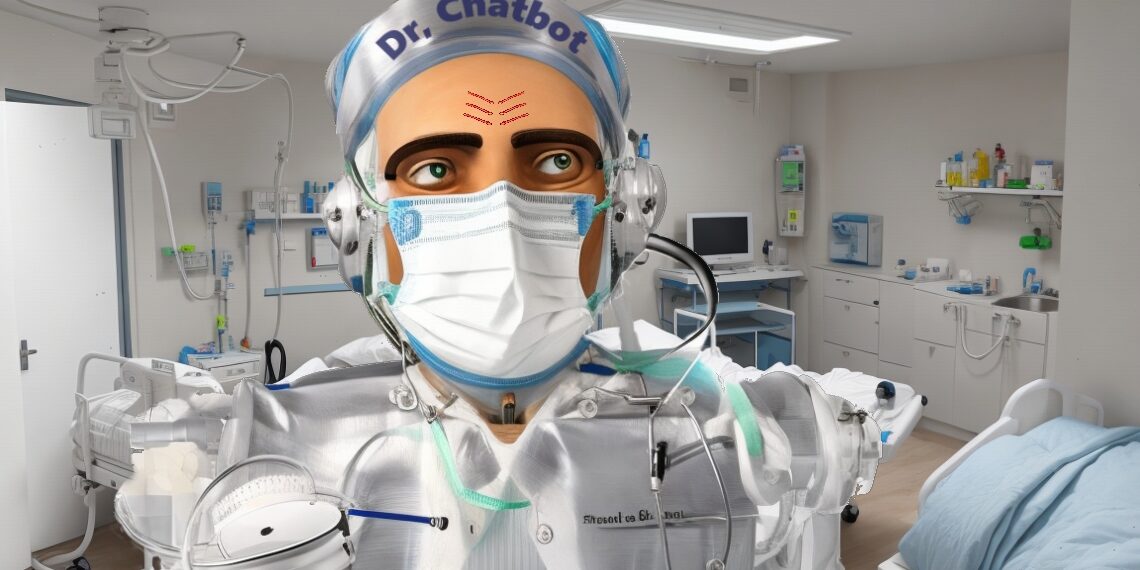According to a survey conducted by Outbreaks Near Me (ONM), only one-third of people (32%) are comfortable with artificial intelligence (AI) leading a primary care appointment, while fewer (25%) are comfortable with AI-led therapy. The survey also found that 12% of adults in the U.S. currently have healthcare providers who use AI for diagnosis, treatment, or patient communication, but 66% expect AI to play a larger role in healthcare in the next five years. Healthcare IT News interviewed Autumn Gertz, project manager at Boston Children’s Hospital, to gain further insights into these results.
The ONM lab partnered with SurveyMonkey to administer a nationally representative survey, which aimed to understand attitudes towards AI in healthcare. The survey revealed that while a majority of respondents expressed discomfort with AI leading their care, a significant minority was open to the idea. The acceptability of AI in healthcare is expected to increase with the emergence of specialized AI tools, AI’s growing presence in daily life, and the adoption of AI by individuals within their social networks.
The survey also explored healthcare professionals’ perspectives on AI. Only 14% of healthcare professionals reported using AI for diagnosis, treatment, or patient communication, while 83% did not use AI for any of these tasks. Increased acceptance among healthcare professionals is likely to occur alongside general acceptance in the population. Health systems and facilities embracing AI and incorporating it into medical practices are crucial for mainstream adoption. Additionally, champions for AI within medical networks can inspire confidence and encourage adoption.
Although 23% of healthcare professionals believe AI in healthcare will provide more benefits than harm, a larger 33% view it as more harmful than helpful, and 42% believe it will have equal benefits and harms. Overcoming fears and concerns related to AI involves addressing the unknown, ensuring patient safety, maintaining quality of care, and emphasizing that AI is a tool to assist medical professionals rather than replace them. Studies on patient outcomes and satisfaction with AI usage can help alleviate concerns and reassure providers.
The survey results demonstrate a mix of comfort and discomfort with AI in healthcare. The use of AI is expected to increase, but its level of adoption will depend on factors such as the emergence of specialized AI tools, integration into healthcare systems, and positive real-life experiences. Over time, it is anticipated that attitudes towards AI will evolve, potentially leading to broader acceptance and utilization in patient care.
The whytry.ai article you just read is a brief synopsis; the original article can be found here: Read the Full Article…





